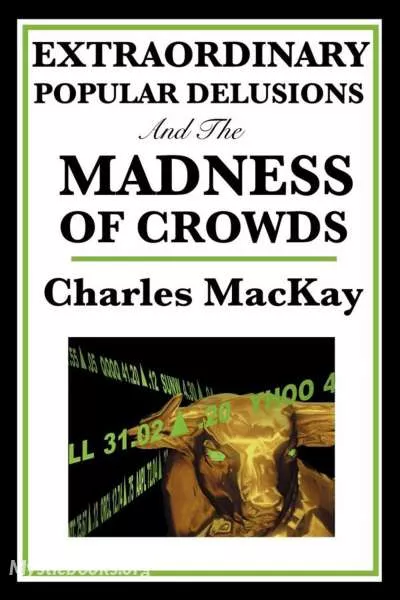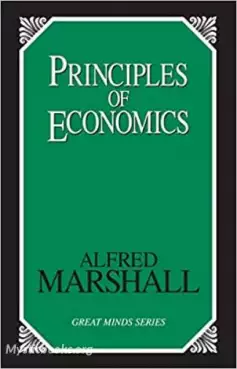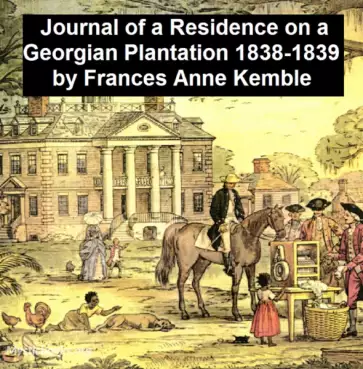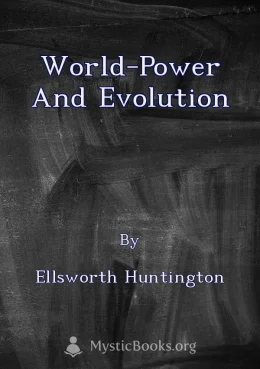
Memoirs of Extraordinary Popular Delusions and the Madness of Crowds, Volume 1
'Memoirs of Extraordinary Popular Delusions and the Madness of Crowds, Volume 1' Summary
The subjects of Mackay's debunking include alchemy, crusades, duels, economic bubbles, fortune-telling, haunted houses, the Drummer of Tedworth, the influence of politics and religion on the shapes of beards and hair, magnetisers (influence of imagination in curing disease), murder through poisoning, prophecies, popular admiration of great thieves, popular follies of great cities, and relics. Present-day writers on economics, such as Michael Lewis and Andrew Tobias, laud the three chapters on economic bubbles.
In later editions, Mackay added a footnote referencing the Railway Mania of the 1840s as another "popular delusion" which was at least as important as the South Sea Bubble. Mathematician Andrew Odlyzko has pointed out, in a published lecture, that Mackay himself played a role in this economic bubble; as a leader writer in The Glasgow Argus, Mackay wrote on 2 October 1845: "There is no reason whatever to fear a crash".
Book Details
Language
EnglishOriginal Language
EnglishPublished In
1841Authors

Charles Mackay
Scotland
Charles Mackay was a Scottish poet, journalist, author, anthologist, novelist, and songwriter, remembered mainly for his book Extraordinary Popular Delusions and the Madness of Crowds. ...
Books by Charles MackayDownload eBooks
Listen/Download Audiobook
- Select Speed
Related books

Principles of Economics, Book 6: The Distribution of National Income by Alfred Marshall
Principles of Economics was a leading economics textbook of Alfred Marshall (1842-1924), first published in 1890. Marshall began writing the Principle...

Indian Home Rule by Mohandas Gandhi
Hind Swaraj or Indian Home Rule is a book written by Mohandas K. Gandhi in 1909. In it he expresses his views on Swaraj, modern civilization, mechanis...

Journal of A Residence On A Georgian Plantation, 1838-1839 by Frances Kemble
Fanny Kemble was a British actress who married mega-plantation owner, Pierce Butler of Georgia. During her marriage she kept journals of everyday life...

The Sins of Hollywood, An Exposé of Movie Vice by Edward Roberts
Exacerbated by several high-profile Hollywood scandals, a wave of anti-Hollywood rhetoric tried to paint the movie capital as a veritable hotbed of cr...

Malaria: A Neglected Factor in the History of Greece and Rome by William Henry Samuel Jones
It remains a landmark study of the disease's historical and cultural significance. Jones' meticulous research offers a comprehensive understanding of...

Porto Rico: The Land of the Rich Port by Joseph B. Seabury
It offers an insightful and comprehensive look into the history, culture, and society of Puerto Rico. The book was first published in 1899, shortly af...

World-Power and Evolution by Ellsworth Huntington
Ellsworth Huntington's "World-Power and Evolution" delves into the intricate relationship between climate, civilization, and human progress. He argues...

Mutual Aid: A Factor of Evolution by Peter Kropotkin
Mutual Aid: A Factor of Evolution is a 1902 collection of anthropological essays by Russian naturalist and anarchist philosopher Peter Kropotkin. The...

The Gentleman and Lady's Book of Politeness and Propriety of Deportment by Elisabeth Celnart
The Gentleman and Lady's Book of Politeness and Propriety of Deportment

The Aftermath of Slavery by William A. Sinclair
This work describes conditions and forces the black population of the South faced after freedom was brought by the Civil War. As Sinclair puts it at t...
Reviews for Memoirs of Extraordinary Popular Delusions and the Madness of Crowds, Volume 1
No reviews posted or approved, yet...